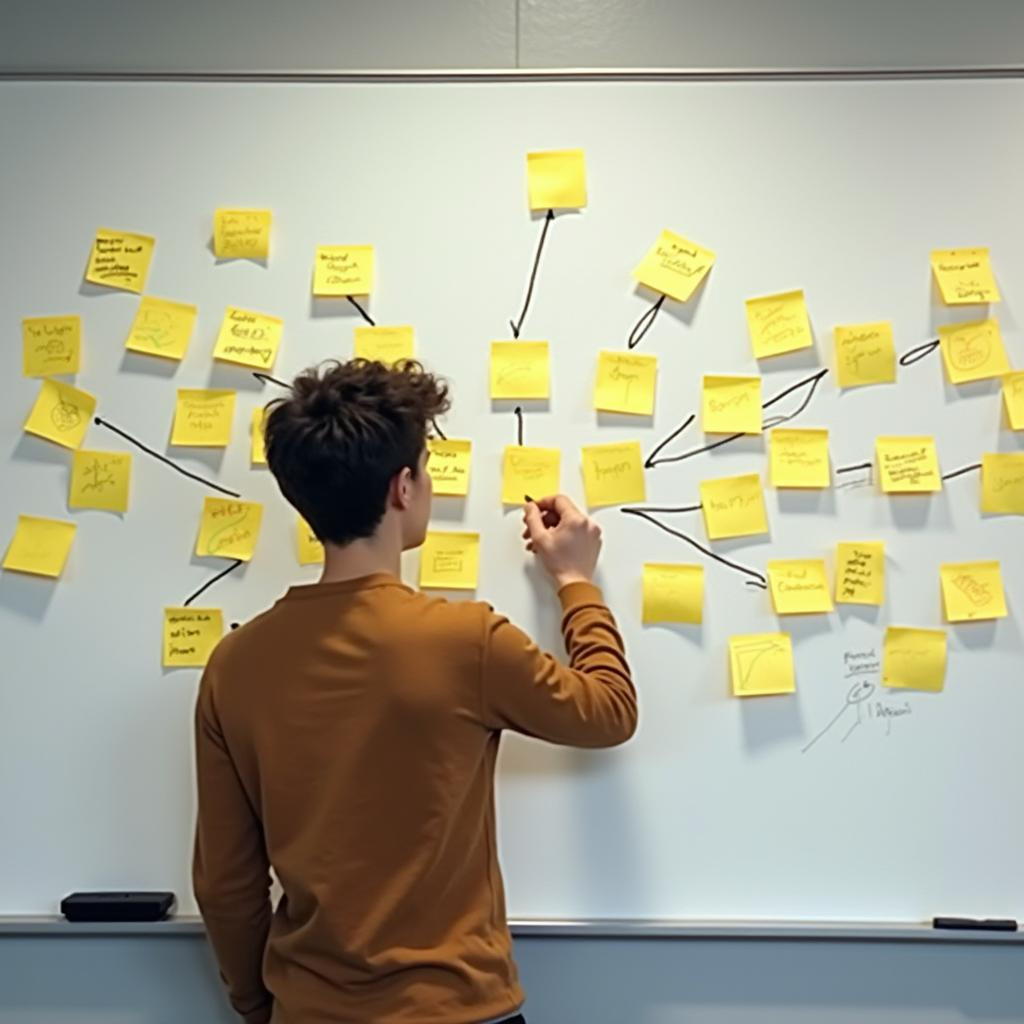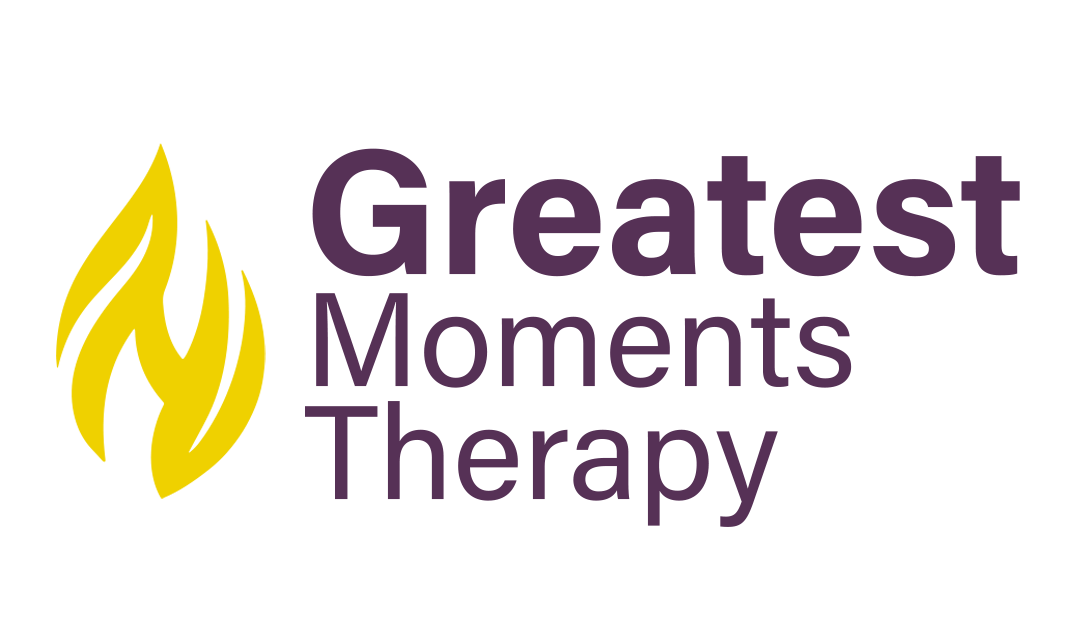Deeply Rooted Resentment and Other "Big" Emotions
"Big" Emotions require "Big" Inner Resources. We can build resources in therapy.

When Emotions Feel Bigger Than the Moment
Sometimes we find ourselves having strong emotional reactions—like sudden anger, resentment, or frustration—even when there’s no apparent external cause. The situation doesn’t seem to warrant the intensity of the feeling, and logically, we know that. However, the emotion is genuine and hard to overlook.
This kind of response often doesn’t come from what's happening now, but from what’s missing inside.
It’s Not Always About what Others Say or Do —It’s About Internal Support
If early caregiving was inconsistent, emotionally unavailable, or unpredictable, you may not have developed a strong internal sense of safety or emotional stability. In other words, your system may not have internalized the kind of calm, steady presence that helps regulate strong feelings.
When that internal structure is missing or underdeveloped, emotions can flare up quickly and feel hard to manage, even if nothing is “wrong” externally.
Building Inner Resources Through Therapy
Therapy can help you develop what may not have been there early on: the ability to self-soothe, to stay grounded during emotional waves, and to feel supported from within.
We do this through a process called resourcing.
What is Resourcing?
Resourcing involves identifying and practicing tools that help you:
- Feel more emotionally steady and grounded.
- Respond rather than react to emotional triggers.
- Build an internal sense of support and safety.
- Begin to regulate strong emotions without needing to “explain” them away.
What This Might Look Like in Practice
Depending on your comfort and needs, this can include:
- Visualizing a calming or supportive figure (real, imagined, or symbolic)
- Practicing grounding techniques like breathwork or gentle touch
- Connecting with body sensations to find a sense of safety (interoception)
- Exploring emotional reactions with curiosity, not judgment (introspection)
- Understanding how different parts of you may carry unmet needs (parts work)
These approaches don’t require you to dive into painful past experiences right away. They offer stability first, so that deeper emotional work can happen when you're ready, from a place of strength.
You’re Not Overreacting—You’re Undersupported (Internally)
When you build internal resources, you give yourself what might have been missing: a calm, steady internal presence that helps you navigate life’s ups and downs. Over time, this leads to:
- Less emotional reactivity
- More clarity about your feelings
- A deeper sense of trust in yourself
- The ability to feel stable even when others are unavailable
Where Therapy Begins
If you sometimes feel confused by your emotional responses or frustrated that logic doesn’t help you feel better, resourcing may be an essential first step. It’s not about denying your feelings—it’s about creating the internal support needed to hold them.
If you sometimes experience intense emotions—like resentment, anger, or anxiety—that feel out of proportion to what’s happening, EMDR and DBT can be very effective tools. EMDR (Eye Movement Desensitization and Reprocessing) helps identify and reprocess unresolved emotional patterns, especially those rooted in early experiences where consistent support or safety may have been missing. It also builds internal resources to create a sense of steadiness when emotions rise. DBT (Dialectical Behavior Therapy), on the other hand, focuses on teaching practical skills for staying regulated in the moment, like how to pause, reflect, and respond rather than react. It combines mindfulness, emotion regulation, and distress tolerance techniques to help you better understand and manage emotional responses. Together, EMDR and DBT support both long-term healing and everyday emotional stability by addressing the deeper origins of reactivity while providing tools to navigate it in real-time. Reach out and learn what we offer



